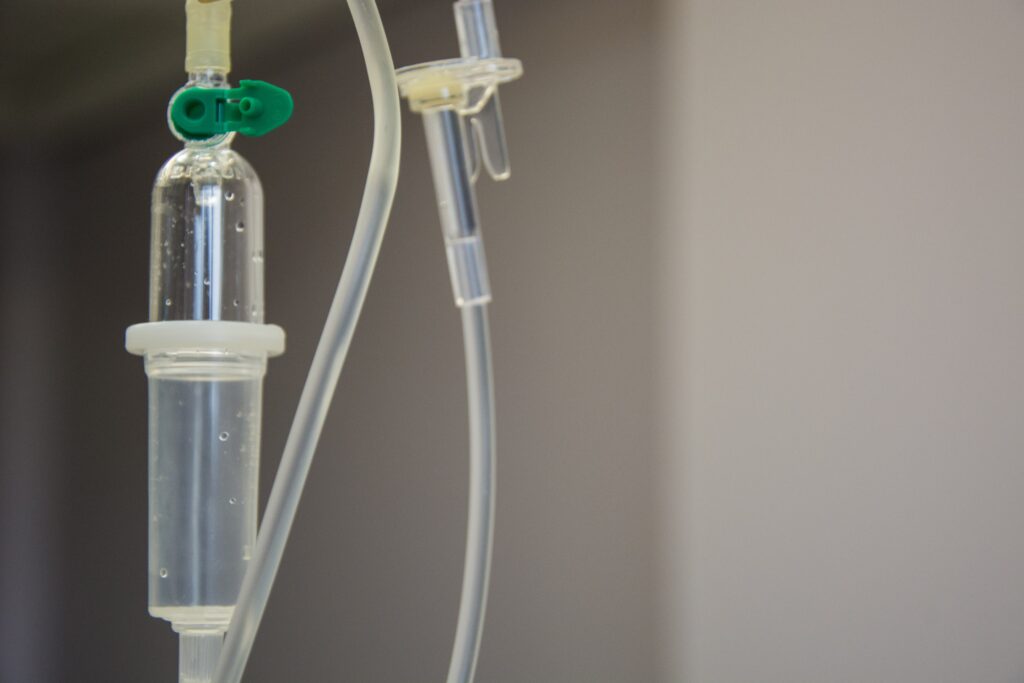Liability Issues for In-Home Healthcare Services

In-home healthcare services offer a convenient alternative for patients requiring medical care. While most doctors don’t make house calls anymore, in-home healthcare persists and provides essential care in the comfort of the patient’s own home.
Like any healthcare service, in-home carries potential liability risks for both patients and providers. Liability issues in home health services can arise due to a variety of reasons. It’s important for operators of these services to be aware of and minimize liabilities, for the well-being of both patients and the practice.
Negligence
Home healthcare providers owe a duty of care to their patients. Any failure to meet this duty has the potential to result in negligence claims. Negligence can take many forms, including errors in medication administration, falls, or failure to provide proper care. If a patient has a set of needs that are required for their care, deviation from these can potentially be a liability.
To prevent negligence claims, home healthcare providers should follow established protocols and procedures outlined by their organization and in alignment with local and federal laws. Providers should also regularly update their guidelines for any changes in laws and new best practices.
Proper documentation is crucial. It can provide evidence that the provider met their duty of care. It can also provide evidence that appropriate actions were taken to prevent harm.
If you’re a recipient of in-home health care, it’s important to review and regularly update any list of care requirements with your relevant healthcare providers. This is to ensure you’re providing in-home providers with up-to-date information.
Miscommunication
Miscommunication can occur between healthcare providers, patients, and family members, leading to misunderstandings that can result in direct or indirect harm to the patient. For example, a home healthcare provider failing to communicate important medical information to a patient’s family is miscommunication, as is a patient or family member not understanding instructions for taking medication or doing other care tasks.
To prevent miscommunication, home healthcare providers must communicate clearly and effectively with patients and their family members. This means using clear and concise language, checking for understanding, and documenting all communication with patients and family members. Providers should encourage patients and family members to ask questions and provide feedback. This kind of dialogue can help identify and resolve misunderstandings before they cause harm.
Inadequate Training
Home healthcare providers must be properly trained and licensed to provide care. A provider may be held liable if they make a mistake due to inadequate training. Home healthcare providers must be properly trained in medication administration. If they aren’t, they could give the wrong medication or incorrect dosage to a patient, causing harm. Similarly, if a provider is not properly trained in infection control, they may inadvertently spread infections to their patients.
All staff must receive appropriate training and certifications before providing care. Staff should also be provided with ongoing training and professional development opportunities. This will ensure they are aware of the latest best practices and regulations.
Breach of Confidentiality
Home healthcare providers must comply with HIPAA regulations and protect patient privacy. If a provider breaches confidentiality, this could lead to liability issues.
To prevent a breach of confidentiality and liability issues, home healthcare providers should ensure that all staff members receive the appropriate training in HIPAA regulations and patient privacy. Providers should implement policies and procedures for safeguarding patient information.
Providers should ensure that all staff members understand the importance of maintaining patient confidentiality. Patients should also be informed of their rights and given the opportunity to consent to the sharing of their information.

Improper Documentation
Home healthcare providers must maintain accurate and complete medical records for each patient. If a provider fails to properly document care or record important information, this could result in liability issues. Providers should also conduct regular audits of medical records to ensure that they are complete and accurate.
Equipment Malfunction
Home healthcare providers use a variety of medical equipment and devices to provide care to their patients. If this equipment malfunctions, it could result in harm to the patient and potential liability issues. Regular testing, proper storage, and constant cleaning of equipment are recommended to keep equipment in good working order and monitor the health of the equipment.
Speak to a Home Health-Care Attorney
It is important to understand the liabilities and legal issues in-home health care services may face. This knowledge can help to ensure that services are proactive and ethical. Home health care legal issues can be complicated and rules will vary depending on. Contact Fenton Law to discuss any home health care legal and ethical issues you or your organization may be facing.